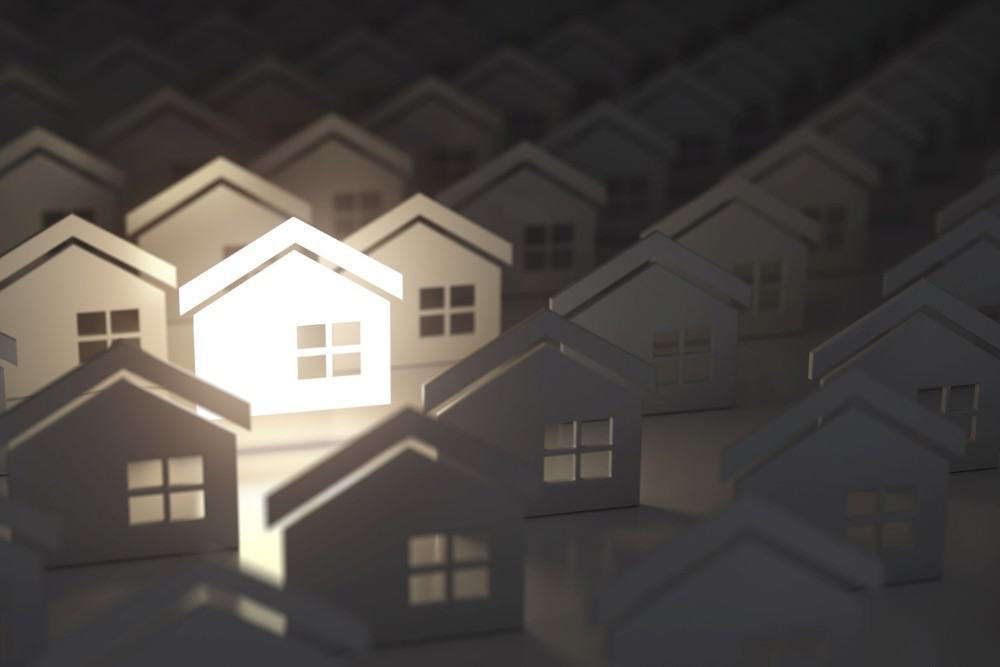
Put three Canadians in a room, ask them for their outlook on retirement, and two will tell you we’re on the brink of a retirement crisis.
At least that’s what the Healthcare of Ontario Pension Plan (HOOPP) discovered. According to their report, 67% of Canadians believe we’re near a retirement crisis, with only 15% feeling comfortable about Canada’s future of retirees.
That view seems pretty consistent with other studies, which have found that the majority of Canadians struggled to save any retirement savings during the pandemic. In fact, according to the Canadian Institute of Actuaries, around 69% of those surveyed planned to work longer than expected for the simple fact that they need income.
For Canadians struggling to save for retirement, one solution has certainly come to mind: sell the home. Yes, many Canadian homeowners have surely considered liquidating their nest in order to create, well, a nest egg. And while that seems good on paper, it’s actually a terrible idea. Here’s why.
Why doesn’t your home equity make a good retirement plan?
Perhaps the biggest reason is that it’s extremely difficult, if not downright impossible, to sell your home, fund your retirement, and find a cheaper place to live.
Hear me out: selling your home in this market won’t be difficult. And, yes, you will most likely cash in on your equity. But unless you can buy an affordable house, while pocketing a substantial amount for retirement, you’ll find yourself in the same place as before, just in a different home: cash-strapped with no retirement plan.
Your home equity can form a solid retirement plan only if you can sell, buy, and set outside a substantial capital base for retirement. Depending on how old you are, as well as how much retirement income you expect from your pensions, that capital base may need to be in the multi-millions.
And that’s only for those for whom retirement is relatively near. For those who don’t plan to retire in the next few years, your home equity is an even flimsier plan. Our bloated real estate market won’t last forever. At some point in the future (some predict mid-2022), we’ll see supply and demand even out. At that point, you’ll see your retirement fund take a major hit, one that could make it unlikely for you to retire the way you want.
How could you make your home equity a good retirement plan?
It won’t be easy. But if you’re dead set on retiring on your home equity, here’s what I would do. If you want to stay in Canada, I would leave the city and find a small house in a small town. You may want to consider renting until the real estate market flattens out, then purchasing a sturdy home that won’t become a financial burden over the long run.
Alternatively, you could also consider retiring in a foreign country, especially one where the Canadian dollar is stronger than the local currency. Panama, Costa Rica, Colombia, Portugal, and Spain are all popular retirement destinations for Canadians.
Once you decide on your housing situation, then you’ll want to invest your remaining home equity in a balanced investment portfolio. You don’t want to risk losing this money, so you should stay away from growth stocks and micro-caps. But a good index fund, especially one with low MERs, could substantiate your retirement income.
What is your home’s role in your retirement plan?
Every seasoned investor knows the old adage, “never put your eggs in one basket.” When you rely heavily on your home equity, you’re doing the exact opposite. You’re putting your eggs in your home, and no matter how sturdy the house is, it will make a flimsy retirement plan.
Your home does have a place in your future, however. Alongside other investments, such as stocks and bonds, your home equity could give your retirement savings the boost you need to retire the way you want.
But you have to start investing. And, depending on your age, you should start as soon as you can. Downsizing could give you a head start, especially if you wait to buy another home when the market cools down. Take your home equity, invest it in a safe index fund or ETF, and you might have what it takes to bolster your retirement savings. Once your money starts making money for you, then you’ll be in a better place to retire.






